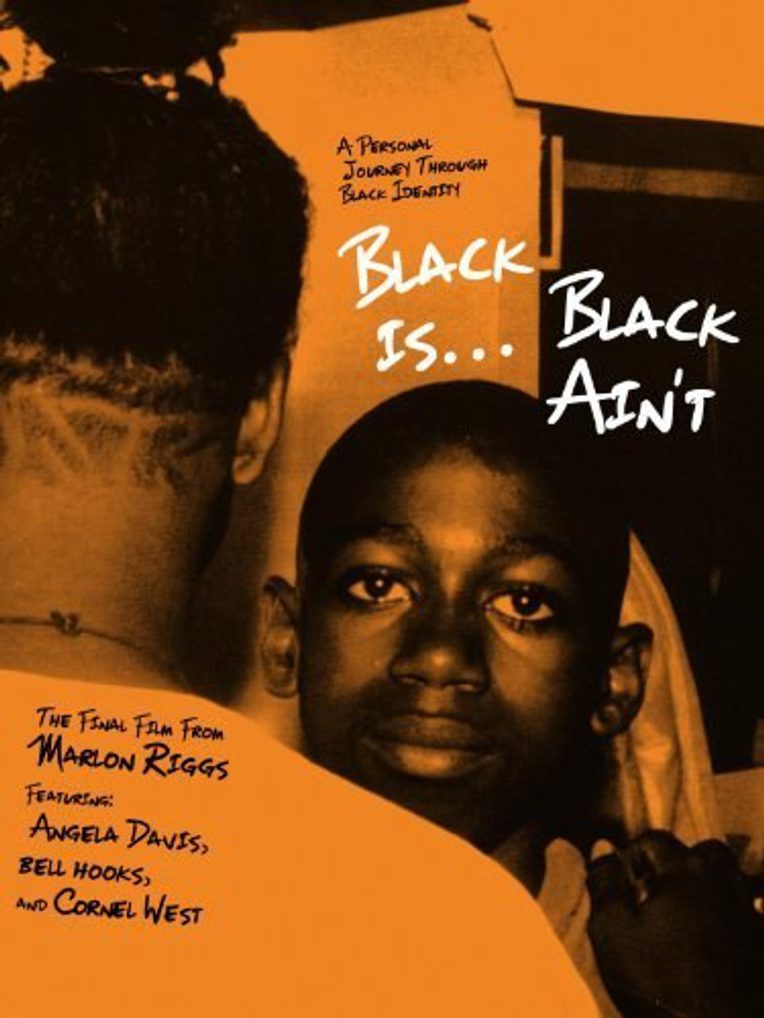This post builds on the research article “Ethnography Is, Ethnography Ain't,” which was published in the August 2012 issue of the Society’s peer-reviewed journal, Cultural Anthropology.

Questions for Classroom Discussion
1. When communities, such as the AHIJ in Jackson's article, take their representation into their own hands by developing sophisticated audio-visual and public relations teams, what considerations do we, as ethnographers, have to take? What happens if our ethnographies tell a different story than the community's PR team?
2. How do we reconcile the immateriality of the digital, especially in relation to analog, with the "immortality" that the digital takes on in the internet?
3. Take Jackson's questions from the conclusion of his article and consider what you will do as you engage on your own projects: how will you negotiate your personal/professional life on the internet (on Twitter, Facebook, tumblr, blogs, etc), given that your subjects can very well follow you online? Will you make any considerations or changes?
4. As more and more of our work goes digital, how do we rethink what we write and produce about the communities we study, given that they will presumably have easy access to our final products, or works in progress, through academic talks?
Further Reading List
Everett, Anna. 2009. Digital Diasporas: A Race for Cyberspace. Buffalo: State University of New York.
Fabian, Johannes.2008. Ethnography as Commentary: Writing From the Virtual Archive. Durham, NC: Duke University Press.
Ginsburg, Faye.2008. Rethinking the Digital Age. In The Media and Social Theory. David Hesmondhalgh and Jason Toynbee, eds. New York: Routledge.
Grimshaw, Anna. 2011. "The Bellwether Ewe: Recent Developments in Ethnographic Filmmaking and the Aesthetics of Anthropological Inquiry." Cultural Anthropology 26(2): 263-286.
Jackson, John L., Jr. 2005. Real Black: Adventures in Racial Sincerity. Chicago: University of Chicago Press.
Keane, Webb. 2002. "Sincerity, "Modernity," and the Protestants." Cultural Anthropology17: 65-92.
Keeling, Kara. 2005. "Passing for Human: Bamboozled and Digital Humanism." Women and Performance, 29 15(1): 237-250